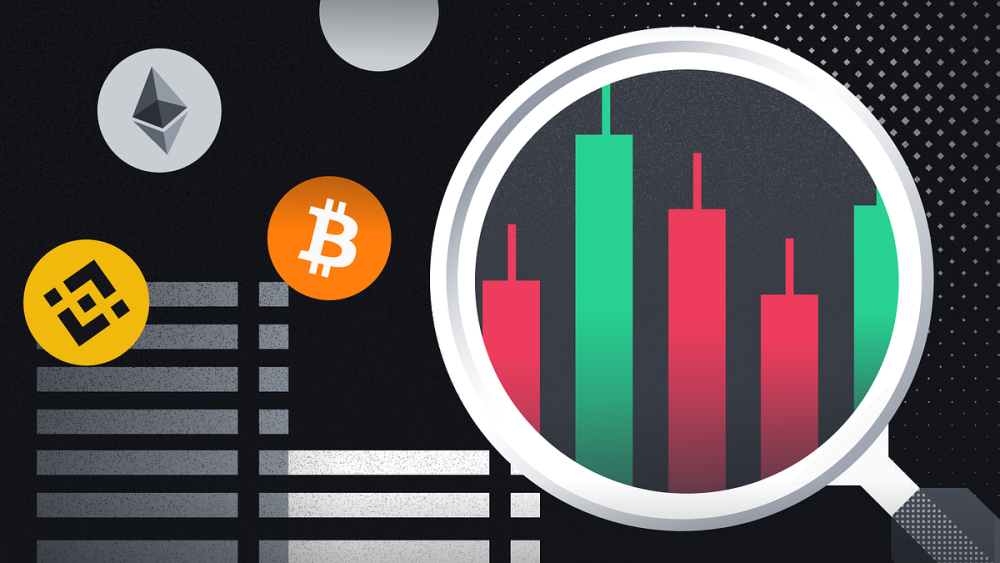In 2024, the global cryptocurrency market exceeded $1.8 trillion, with the number of retail investors surpassing 420 million people. Such dynamics require not only quick decisions but also a deep understanding of the fundamentals.
A selection of the best books on cryptocurrency forms a solid knowledge foundation that helps navigate through complex technologies and a rapidly changing market.

Understanding the Basics: From Blockchain to Investments
A deep dive into the topic is impossible without a systematic approach. The best books on cryptocurrency reveal the essence of digital money, describe the logic of distributed ledgers, explain the principles of systems like blockchain.
In print and digital publications, they explain how distributed data makes transactions transparent and secure, why decentralization strengthens the network, and how mining supports its operation.
Thematic publications cover not only the basic mechanics of digital currencies but also related areas:
- investing in digital assets;
- risk assessment;
- capital management in volatile conditions.
In quality blockchain books, readers get an overview of the architecture of a distributed database. Each block stores transaction records, and the integrity of the chain is protected by a cryptographic algorithm.
Market Knowledge: From Bitcoin History to Investor Strategies
The history of Bitcoin begins with the publication of Satoshi Nakamoto’s document in 2008. The first digital currency became the starting point for the development of an entire industry. The best books on cryptocurrency allow tracing this path—from the coin’s zero value to record prices exceeding $68,000 per BTC.
Authors, including recognized market experts and analysts, analyze key stages: the rise of interest from private investors, the integration of digital assets into the corporate sector, regulations in different countries.
For an investor, such data becomes a tool for strategic planning—when assessing future financial trends, it is important to consider not only prices and market capitalization but also legislative initiatives, technological shifts, changes in market participants’ behavior.
What to Read About Cryptocurrency for Beginners
Beginner investors often face information overload: hundreds of blogs, thousands of posts, dozens of conflicting pieces of advice. The best publications help structure knowledge and build a logical sequence of actions.
Sections dedicated to top books on cryptocurrency cover:
- understanding the principles of decentralization;
- consensus algorithms (Proof-of-Work, Proof-of-Stake);
- security principles for storing funds;
- choosing a cryptocurrency wallet.
In quality publications, real examples are present: from analyzing the first Bitcoin transactions to dissecting successful and unsuccessful market entry strategies. To reinforce the material, authors provide figures and calculations demonstrating the impact of volatility on capital.
Books for Beginners on Cryptocurrency with a Focus on Security
The world of digital assets is built on trust in technology. Transaction security and capital protection are priorities for every investor. Such literature contains separate chapters dedicated to cyber threats, social engineering methods, and risk minimization techniques.
Real scenarios are analyzed here:
- attacks on exchanges resulting in losses of hundreds of millions of dollars;
- phishing schemes;
- smart contract vulnerabilities.
Publications recommend specific steps: storing significant sums on hardware wallets, using multi-factor authentication, regularly updating software. This approach shapes a security culture where every investor understands the importance of anonymity, network security, and access control to funds.
Best Books on Cryptocurrency
Systematic learning requires a well-structured foundation. The selection of the best books on cryptocurrency includes proven publications that provide not only theory but also practical knowledge.
The list covers the path from a novice to confidently applying investment strategies:
- “Mastering Bitcoin” by Andreas M. Antonopoulos. A detailed guide on the architecture and operation of the Bitcoin network, transaction descriptions, wallets, security mechanisms, and mining. Suitable for technically oriented readers and future developers.
- “The Bitcoin Standard” by Saifedean Ammous. Historical and economic analysis of Bitcoin’s role in the global monetary system. Analysis of gold, fiat currencies, and cryptocurrency as a new asset class.
- “Blockchain Basics” by Daniel Drescher. Step-by-step explanation of blockchain principles, without complex terms, with analogies and examples of application in various economic sectors.
- “Cryptoassets” by Chris Burniske, Jack Tatar. Analysis structure of digital assets, risk assessment, and opportunities for investors. Suitable for developing a long-term investment strategy.
- “Digital Gold” by Nathaniel Popper. The story of Bitcoin’s creation told through personalities, ideas, and events that shaped the industry.
Each of these publications builds a comprehensive understanding of the market, combining historical context with practical analysis tools. Their sequential study develops the skill of confident navigation in the cryptocurrency ecosystem.
Technological Foundation: Blockchain, Network, and the System’s Future
Solid knowledge begins with understanding how the basic infrastructure works. The best books on cryptocurrency demonstrate how blockchain has become not just a technology but a new model for data distribution.
Publications describe how network nodes synchronize transactions, how consensus is achieved without a central regulator, and how a distributed system enhances resilience to failures and censorship.
Authors provide examples from finance, logistics, government administration, where blockchain addresses transparency and control tasks.
Experts’ forecasts indicate that by 2030, decentralized networks will occupy a significant share in the digital finance segment. Regulation adapts to new conditions, maintaining a balance between security and market freedom.
Financial Perspective: Capital, Market, Investments
Professional literature helps an investor build a strategy, considering macroeconomics, market capitalization, and asset dynamics. The best books on cryptocurrency examine portfolio distribution models, explain risk management principles, and methods for evaluating prospective projects.
Authoritative sources provide data on the growth of digital currency capitalization from $15 billion in 2016 to over $2 trillion at the peak in 2021. This statistics is complemented by analytics: the impact of regulation on prices, the role of institutional investors, resource scarcity for mining.

Advice on diversification and working with liquid assets help mitigate the impact of price fluctuations and preserve capital.
Best Books on Cryptocurrency: Conclusions
The world of digital assets is changing rapidly, and the value of information is increasing proportionally. The selection of the best books on cryptocurrency becomes a tool that strengthens market positions, shapes strategic thinking, and reduces the risk of errors. Choosing the right book is equivalent to investing in a capital of knowledge that will not depreciate in any volatility conditions.
 en
en  ru
ru  de
de  ar
ar  es
es  hi
hi  fr
fr  nl
nl  it
it  pt
pt  el
el 









